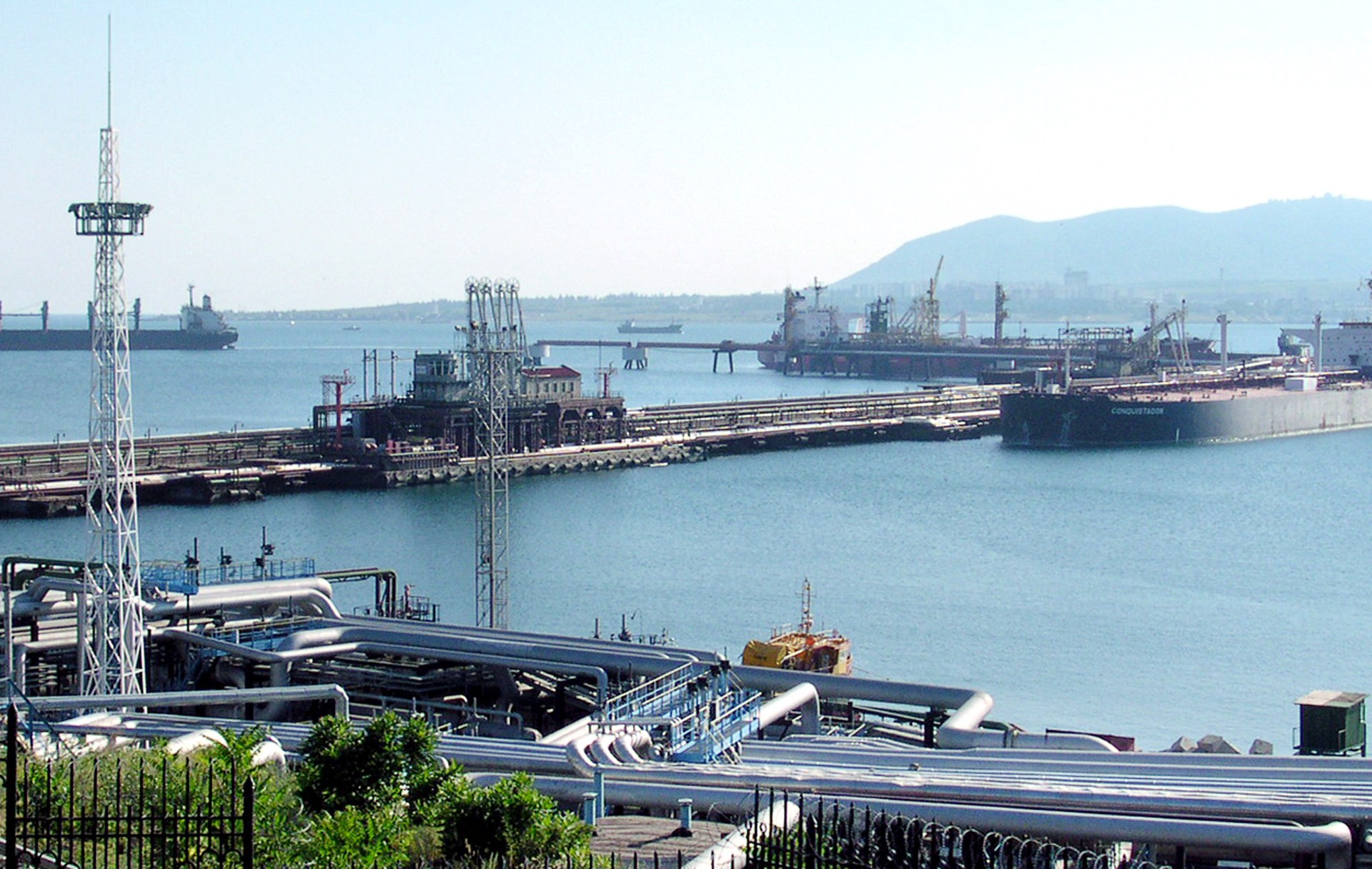The European Union has approved a new raft of stiff sanctions against Russia over its war in Ukraine, including a lower oil price cap, a ban on transactions with Nord Stream gas pipelines, and the targeting of more shadow fleet ships.
“The message is clear: Europe will not back down in its support for Ukraine. The EU will keep raising the pressure until Russia ends its war,” EU foreign policy chief Kaja Kallas said in a statement on Friday.
Kallas said the EU move amounts to “one of its strongest sanctions packages against Russia to date” linked to the war, which is now in its fourth year.
Ukraine’s newly appointed Prime Minister Yulia Svyrydenko welcomed the EU’s agreement on an 18th sanctions package against Russia, saying it “strengthens the pressure where it counts”. Svyrydenko added on X that there was more to be done in terms of measures to help bring peace closer.
The move comes as European countries start to buy United States weapons for Ukraine to help the country better defend itself.
US President Donald Trump announced the deal to supply more weapons to Ukraine and threatened earlier this week to impose steep tariffs on Russia unless a peace deal is reached within 50 days.
The European Commission, the EU’s executive branch, had proposed to lower the oil price cap from $60 to $45, which is lower than the market price, to target Russia’s vast energy revenues.
The EU had hoped to get major international powers in the Group of Seven countries involved in the price cap to broaden the effect, but conflict in the Middle East pushed up oil prices, and the US administration could not be brought on board.
In 2023, Ukraine’s Western allies limited sales of Russian oil to $60 per barrel, but the price cap was largely symbolic as most of Moscow’s crude – its main moneymaker – cost less than that. Still, the cap was there in case oil prices rose.
Oil is Russia’s main source of income
The linchpin of Russia’s economy is oil income, allowing President Vladimir Putin to pour money into the armed forces without worsening inflation for people, and avoiding a currency collapse.
The EU has also targeted the Nord Stream pipelines between Russia and Germany to prevent Putin from generating any revenue from them in future, notably by discouraging would-be investors. Russian energy giant Rosneft’s refinery in India was hit, as well.
The pipelines were built to carry Russian natural gas to Germany but are not in operation. They were targeted by sabotage in 2022, but the source of the underwater explosions has remained a major international mystery.
Additionally, the new EU sanctions are targeting Russia’s banking sector to limit the Kremlin’s ability to raise funds or carry out financial transactions. Two Chinese banks were added to the list.
The EU has slapped several rounds of sanctions on Russia since Putin ordered the invasion of Ukraine on February 24, 2022.
Source: Aljazeera

Leave a Reply